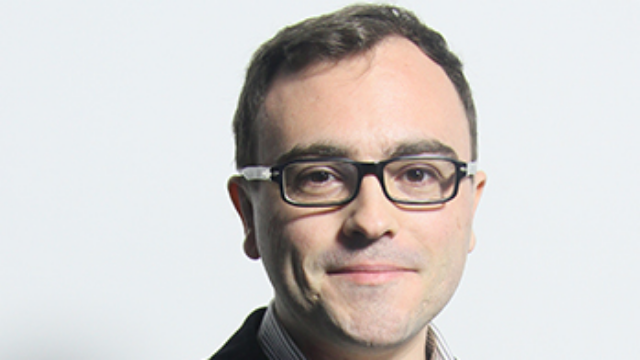COVID-19: An ESSEC alumnus describes quarantine in Shanghai
Matthieu David-Experton (E08), president of the China Chapter, describes his life during quarantine in Shanghai. An inside look at how China is managing the crisis.
In mid-March, Matthieu David-Experton landed in Shanghai, returning from Hong Kong. All foreign nationals were told to exit the plane first. “I went through three different offices before customs, then two offices afterwards. They asked me lots of questions about my travel during the previous 14 days, about the situation in my country, about my professional activities and my projects in China. They also verified my tenancy agreement and called my landlord to confirm that I was actually residing in my apartment.” The process lasted three hours total. “But I was lucky. I came in before required screening was implemented for everyone. Now, the wait time can reach up to 24 hours.” After this marathon, he obtained a green dot, a requirement to get permission to go home. “If I had received a yellow or red dot, I would have been taken to a hotel to quarantine, at my own cost.”
A police and health escort then took him to his residence. “They had me get into a minibus. There was only one other passenger and we were a good distance apart. The police officers were there to make sure I went to the right address and the medical team was there to take my file to my neighbourhood’s health committee.” These committees are managed by residents who function as the Party’s intermediaries. “When I arrived, members of the committee wearing white coats, hats, safety glasses and gloves took my temperature on my wrist and forehead and had me sign documents – in French! – that outlined my quarantine’s terms.”
He had to agree not to leave his home or have any visitors for 14 days, and to send his temperature twice a day via WeChat to a nurse… and the local police. “The door to my apartment had also been equipped with a motion detector that sent a notification to the authorities every time the door opened.”This meant he had to send an explanation on WeChat any time he accepted a package or a food delivery. “It’s also interesting that now when you order through the equivalent of Uber Eats, the restaurant writes the name and temperature of the chef on your receipt!”
These aren’t the only precautions set up for him. He was also given a free protection pack containing surgical masks (which must be worn in all public places), hand sanitizer and disinfectant. He was also given a bin that a person in protective gear collects every day to place the waste in a specific container.
And that’s not all: “If it is discovered that a passenger on your plane has shown signs of infection a few days after your return, they come get you and take you to a group facility to finish your quarantine.”
A thought-provoking level of organisation. “If you take into account the number of personnel involved, the materials supplied and the logistics required, the total cost of my return to China for the public authorities has to be at least €300. And there are tens of thousands of us who are treated this way each week!” To say nothing of the issue of individual liberties. As he summarises: “People will be asking lots of questions after this crisis!”
Interview by Louis Armengaud Wurmser (E10), Content Manager at ESSEC Alumni.
Want to read more? Please join ESSEC Alumni for us to be able to bring other quality contents about the community to you.

Comments0
Please log in to see or add a comment
Suggested Articles




